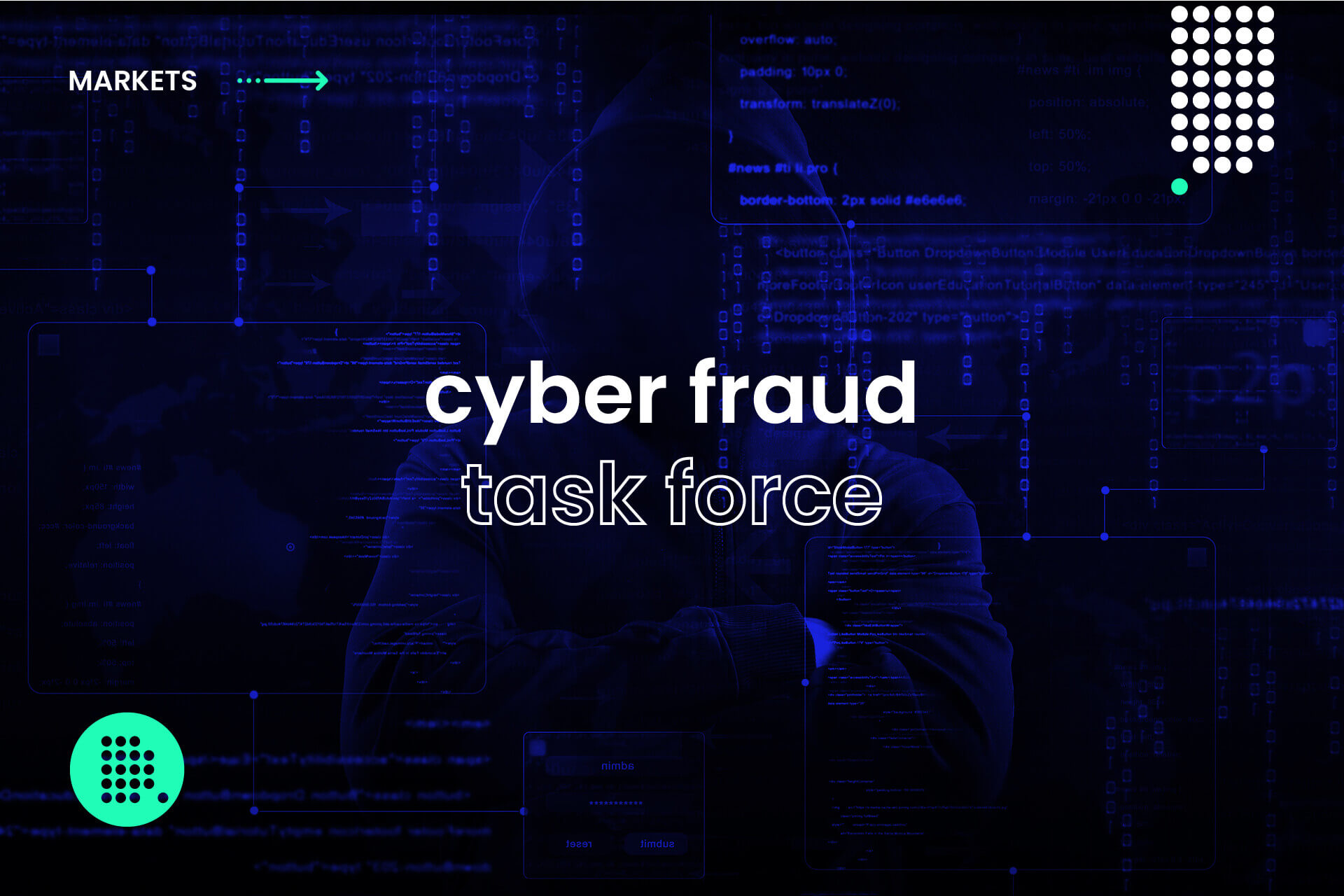
The United States Secret Service announced the new Cyber Fraud Task Force (CFTF) to fight one of the biggest challenges of our times – cybercrimes.
A new CFTF merges two existing task forces of the Financial Crimes Task Force and Electronic Crimes Task Force into one unified network to prevent finance-related malicious cyber activity.
According to the official announcement, the network will create a new line of defense against modern criminals. Establishing the new task force allows the Secret Service, which is part of the US Department of Homeland Security, to improve coordination, data, and expertise sharing across institutional allies.
Sponsored
The consolidation has followed more than two years of planning, multiple pilot programs, and input from key stakeholders and partners, the press release stated. As said Michael D’Ambrosio, assistant director of the Secret Service:
The creation of the new Cyber Fraud Task Force (CFTF), will offer a specialized cadre of agents and analysts, trained in the latest analytical techniques and equipped with the most cutting-edge technologies. Together with our partners, the CFTFs stand ready to combat the full range of cyber-enabled financial crimes.
Cyberattacks are one of the fastest-growing forms of cybercrime in the United States recently. The finance-related digital attacks threaten millions of companies and individual users, moreover, they become more sophisticated and expensive over time.
The role of cryptocurrencies
The Secret Service report admitted the fact, that cryptocurrencies are playing a key role in the cybercrime-related activities. According to the report, “cryptocurrencies have become one of the primary means by which criminals launder their illicit profits.”
Sponsored
Cybercriminals tend to favor cryptocurrencies because they provide a certain level of anonymity and can be easily monetized. Although Bitcoin still dominates among the digital currencies used for illegal payments on darkweb, the privacy coins like Monero (XMR) are coming into the game as well. As DailyCoin reported previously, ransomware groups turn to use Monero more often for better privacy reasons.
The risk for the financial system
The lines between cyber and financial crimes are steadily blurring during recent years. According to Security Service, the investigators can no longer pursue the financial and cybercrime investigations without understanding both financial and internet sectors:
Online payments and banking are now globally pervasive, credit card numbers and personal information are illegally sold on the Internet and darkweb, and cryptocurrencies have become one of the primary means by which criminals launder their illicit profits.
Cybercriminal activity including ransomware, social engineering scam campaigns, malicious emails as well as private and identity thefts are one of the biggest challenges that the industries are going to face in the upcoming decades.
Since no industry is safe from cyber-attacks, the Financial and Healthcare sectors are especially popular targets mainly due to the high volumes of monetizable sensitive information that attracts hackers and cybercriminals.
According to the Modern Bank Heists Report, nearly 80% of financial institutions across the US reported a 13% increase in cyber attacks within a year. Meanwhile, ransomware attacks against the financial industry grew nearly 9 times in three months from February, amid the COVID-19 pandemic surge.
